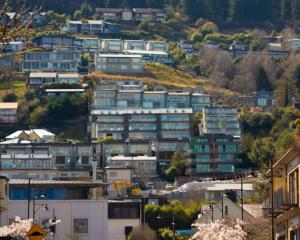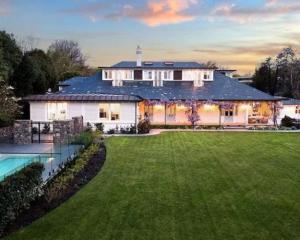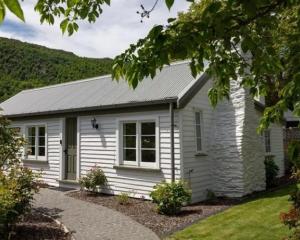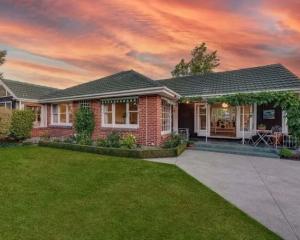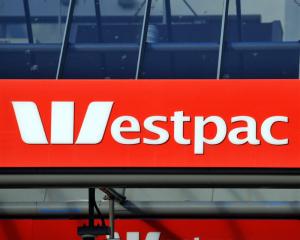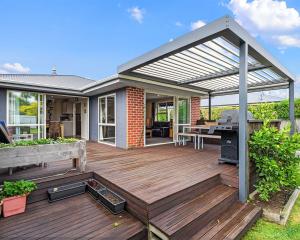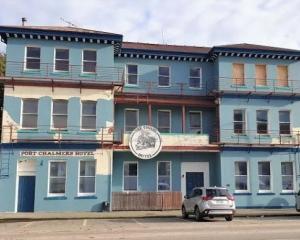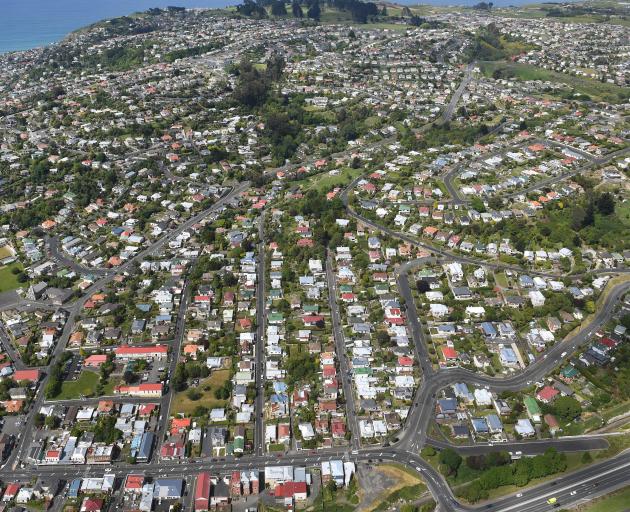
Median house prices increased in 14 of 16 regions across the country, with only the West Coast and Gisborne posting declines, of respectively 10.7% and 3.1%, according to Real Estate Institute of New Zealand data released yesterday.
However, economists have warned that developing government housing policy still has to fully affect the housing market, which could have a flattening effect later this year.
In the South, the Clutha district, Waitaki and Central Otago districts were the standouts, with respective price percentage gains from 42%, 23.5% and 22.6%, while Dunedin and Queenstown Lakes came in below the national median, both at about 6%.
REINZ regional director in Queenstown Gail Hudson said February sales were similar to January's, and open homes were most popular with out-of-town people, then with locals and overseas buyers.
''We're seeing an even spread of buyers across the market, with most buyers being from out of town and first-home buyers are visiting open homes, but they're not buying as much as investors and owner-occupiers,'' she said in a statement.
''Bank lending is still tight, which influences the market.''
Westpac senior economist Michael Gordon said January's data had suggested the housing market upturn, which began in second-half 2017, might have been ''running out of puff'', but the February data indicated the upturn remained on course.
''Low mortgage rates and an easing in the Reserve Bank's loan-to-value ratio restrictions have helped to support the housing market in recent months,'' Mr Gordon said.
However, he warned he still expected house prices to ''flatten'' during 2018, because of new government policies.
That included the extension of the ''bright line'' test, the ownership timespan pushed out from two to five years, or pay capital gains; the phasing out of negative gearing; and the effects of the foreign buyer ban, details of which were still being finalised.
ASB senior economist mark Smith said the February data provided little evidence overseas investors had rushed in ahead of proposed law changes to overseas property investment.
''We believe the market will remain largely directionless until greater policy clarity emerges,'' he said in a statement.
Dunedin-based REINZ regional commentator Liz Nidd said the Dunedin median price of $370,870 was ''edging closer'' towards the record of $381,000 set last November.
The 204 February city sales were within expectations for the month, just marginally better than 202 a year ago, when the city was suffering from ''an extreme lack of listings'', Mrs Nidd said.
REINZ chief executive Bindi Norwell said while national prices were up 6.9%, Auckland's was a more moderate 3.7% gain, to $858,000 against a year ago.
''Auckland's median price while continuing to slowly creep upwards, is clearly showing signs of moderated growth rather than the double digits we saw throughout 2016 and 2017,'' Ms Norwell said.
During February, nine of the 16 regions experienced increases in the number of properties sold, pointing to strong regional growth in the majority of the country, she said.
Nelson had the highest number of properties sold in nearly 11 years and the West Coast had the highest number of properties sold in just under 6 years, she said.

